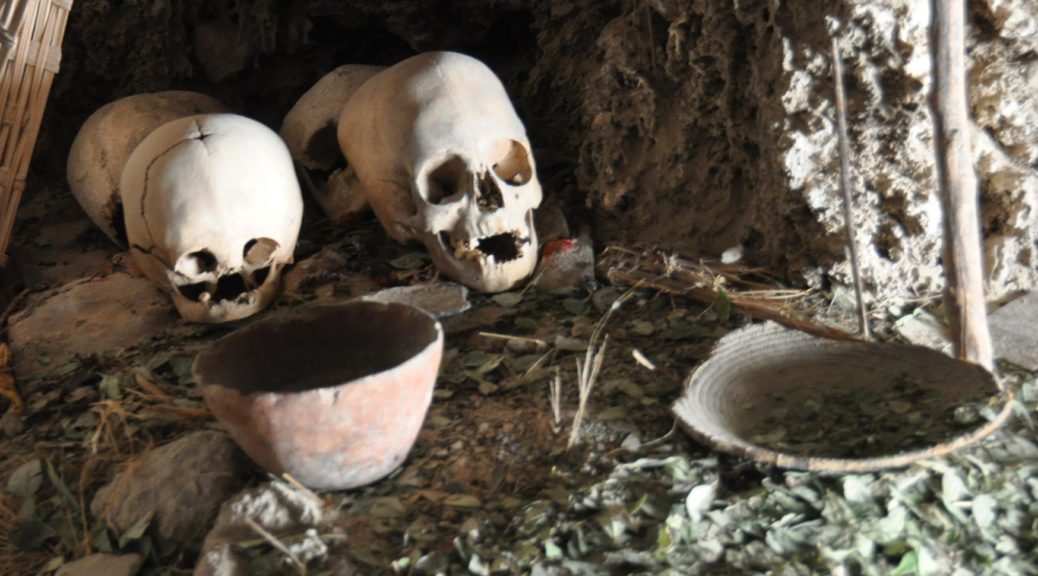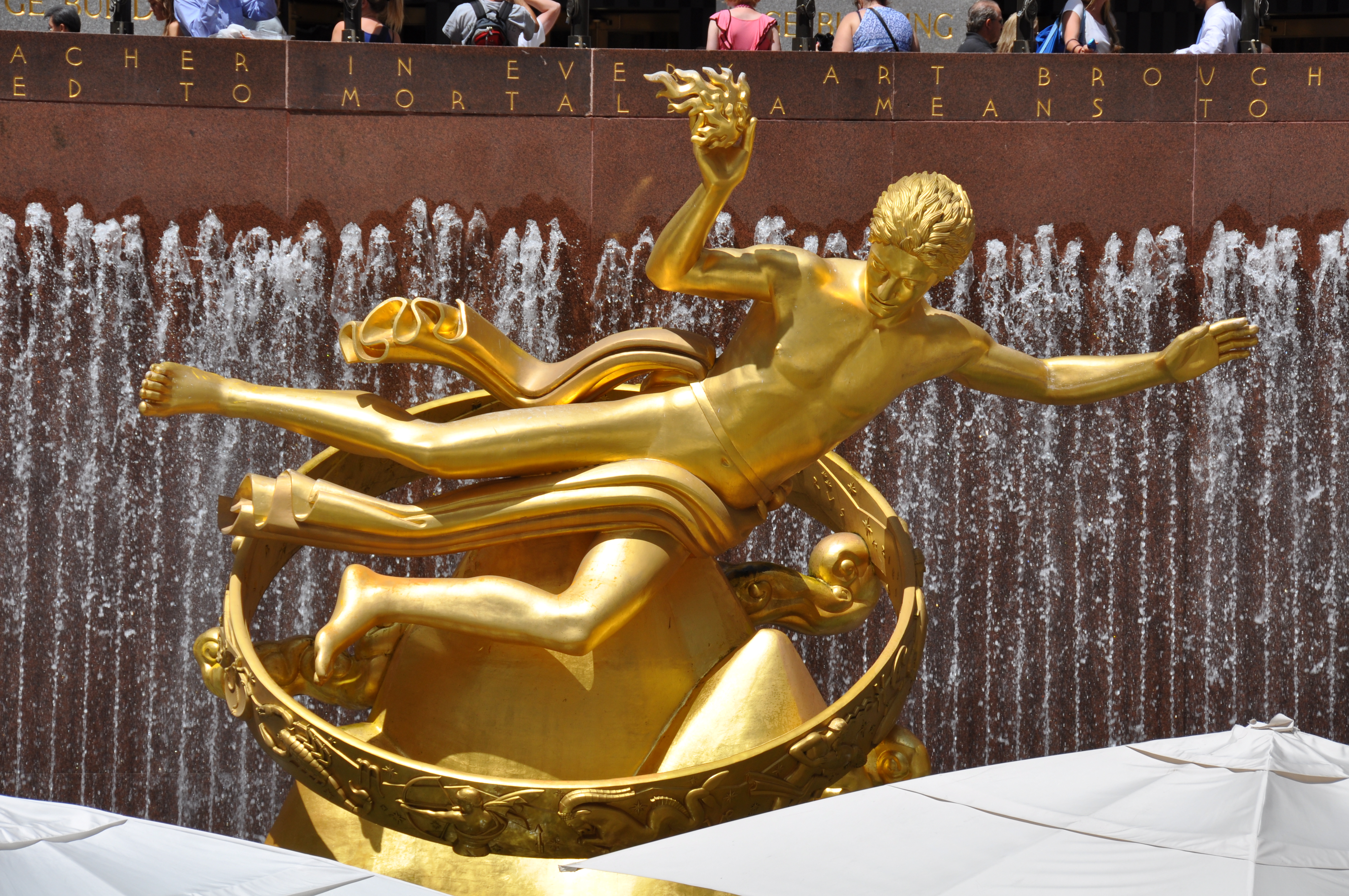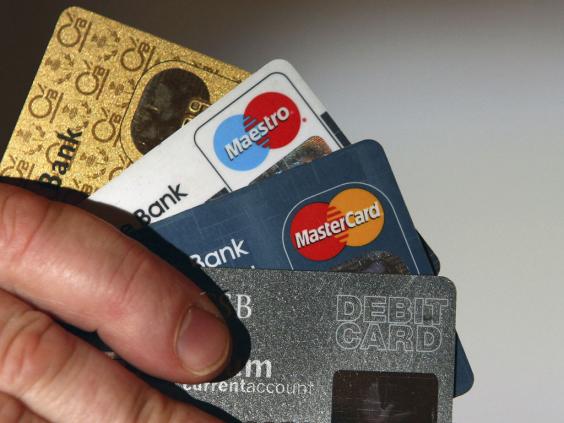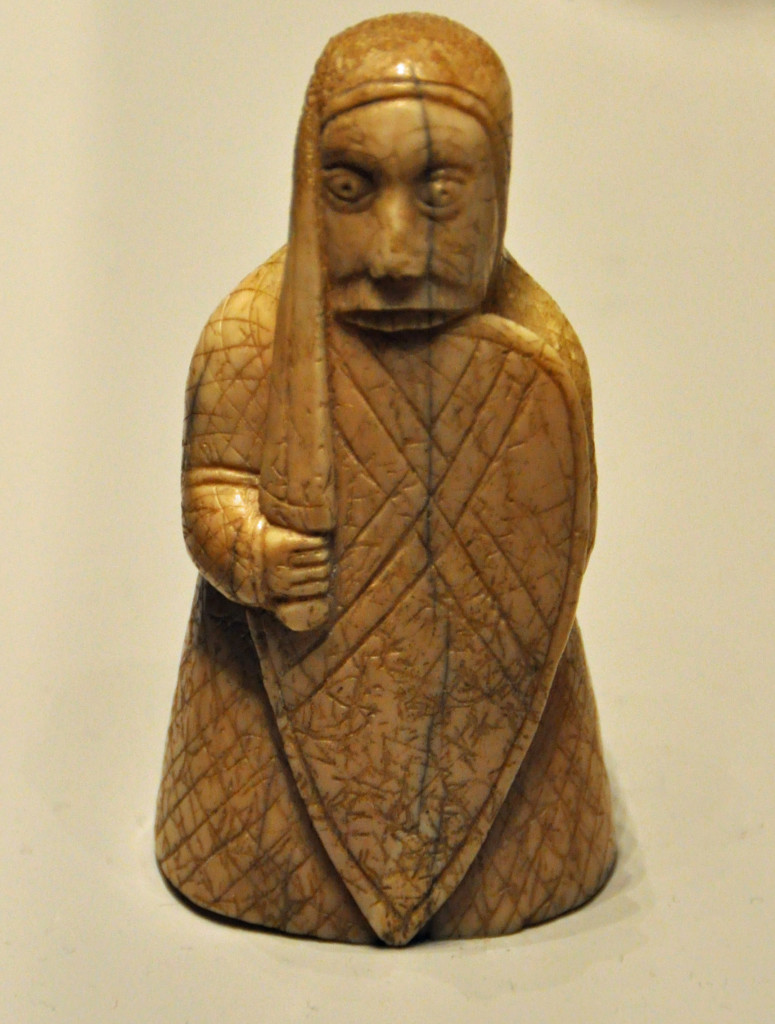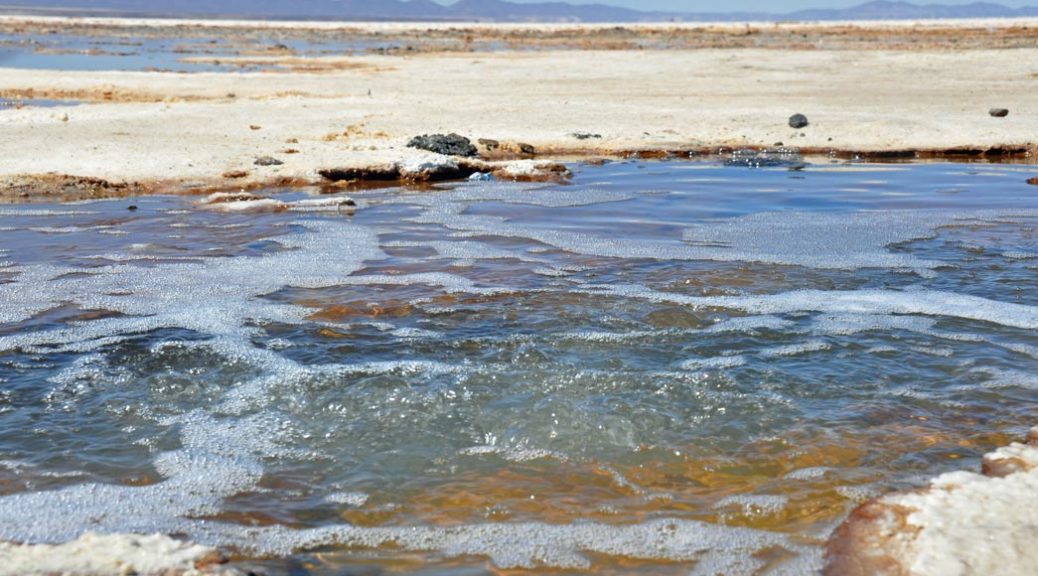Politics is depressing at the moment, which is one of the reason for all of the new recipes. When in doubt, cook.
Life is depressing because it seems increasingly clear that the divisions within the government and within the country as a whole, identified and exacerbated by the EU referendum, are wider than ever. And no matter what the outcome, that means half of the electorate is left seriously angry and upset about the outcome.
Immediately after the referendum it was possible for the government to take a deep breath, pause and hold some open house meetings up and down the country to try and work out the answers to some really basic questions.
Why did people vote “leave” in such large numbers?
What exactly did they believe they were voting for, out of the EU, out of the single market and out of the customs union? All of these or just one or two?
And how much are they willing to pay for the privilege?
I might want lots of things, but if it starts to cost me more money than I’ve got, I start to temper my request. People did not vote to become even poorer. They did not vote to lose their jobs.
Anyway of course this is all water under the bridge because in the shock and panic immediately after the referendum result, the one striking absence in our political life was leadership.
Most of the people responsible just ran away from the responsibility of making it work. the PM resigned. The Chancellor followed shortly thereafter. After a shocked press conference, the main leaders of the “leave” campaign very publicly stabbed each other in the back making them unelectable to the leadership they both wanted.
So we ended up with a “safe pair of hands” otherwise known as Theresa May, who I have some sympathy for still.
I can believe that she is a woman with ambitions. No woman gets to succeed in such a bear pit without ambition and a sizeable amount of competence. So she probably wanted the job at first. As did her carefully balance first cabinet. The brexit campaigning ministers David Davis and Liam Fox seemed positively cock-a-hoop with their success, as did the less than convinced by brexit Chancellor, Hammond.
But as time goes by, and in particular as the reality of a very mis-judged election have hit home, any successful outcome for brexit has retreated further and further away from achievable. The PM was not poorly advised to call an election necessarily, since her lead in the polls was convincing.
But the campaign was poorly coordinated and risked alienating anyone who had voted “remain” with its harder than hard brexit stance. We may all be parroting the “will of the people” when describing the mandate to leave the EU, but they also needed to remember the 48% of the electorate who voted remain and who either stayed home or voted with the opposition party, wiping out the government’s majority and forcing them to form an alliance with the N Ireland DUP.
The latter make any compromise agreement on the Irish border with the EU almost unachievable. The one gaping big hole in the brexit “leave” campaign “what about Ireland” suddenly comes front forward into focus. The DUP will not tolerate the idea of “special status” where N ireland becomes more closely tied to the Republic of Ireland and less tied to the Union. At the same time it cannot abide a hard border between the two Irish halves.
The N Irish electorate voted “remain” and their economy, already weak and relatively poor in UK terms is inextricably tied to it’s southern neighbour. so the UK is forced into agreeing with the EU that there will be no hard border and that we will remain in “regulatory alignment” going forward and that looks and sounds very like a customs union.
Yes, say the government A customs union but not THE customs union, and one is left wondering how thin they can slice that hair. If it looks like a duck, if it quacks like a duck etc. Because if the UK is unable to make independent trade deals with third party countries, then what on earth is the point of leaving? And a fundamental part of any customs union is centralised negotiations of trade deals with third party countries.
It’s a difficult circle to square. & with a minority government, all legislation requires the positive consent of the DUP, a party to whom this trickiest of problems is fundamental. Suggestions and hints from David Davis that the government commitments were in some way just a “fudge” were immediately knocked back by the EU who threatened to write them into the contract prior to trade negotiations.
So now here we are with a UK government about to start trade negotiations having unilaterally decided to leave the single market and the customs union, looking for a trade deal of some sort, yet unable to define that trade deal because of the conflicting requirements within it’s own party. The loudest voices on the topic are noticeably from outside the government itself, from party members who have yet to come to terms with the reality of minority rule. The loudest voices seem entirely unconcerned with what can be practically delivered.
& you have the EU basically asking the UK to simply define what they want coherently so that negotiations can begin whilst refusing to schedule time for meetings, until such clarity can be provided.
So I’m coming to the view that we will bomb out of the EU onto WTO rules, which will lead to a hard border in Ireland, not because either the UK or EU want a border, but because basic WTO rules require the EU to have a border with third party countries absent a customs union or comprehensive trade deal.
And as well as leaving the EU, we are leaving the 970 bilateral treaties the EU has with third party countries such as the US and China. It might be hoped that these would be simple agreements to transfer to a newly independent UK but at least some of the countries involved (SKorea, Chile etc) have indicated that they would want to look again at the terms. there is no guarantee that the deals will be so favourable for the UK standing outside of the EU.
It’s all a bit depressing really, just a little bit rubbishy.

